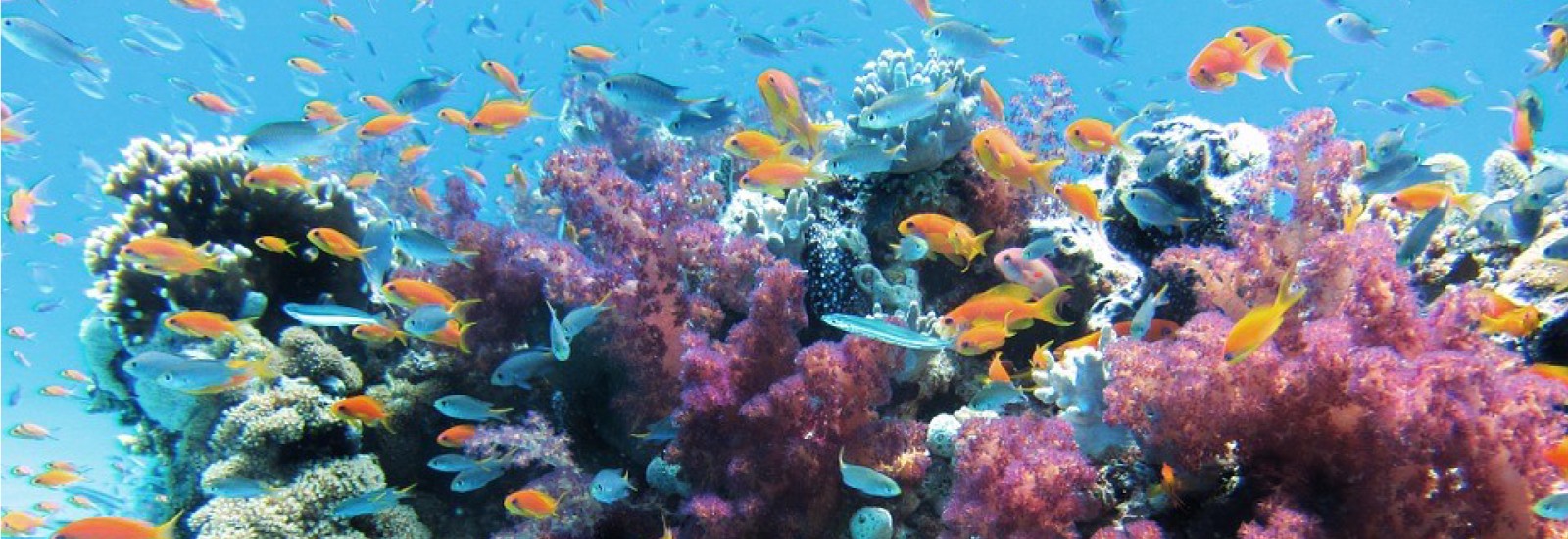A consortium of coral experts today published new guidelines that could help corals in the Caribbean adapt to warmer, more acidic waters caused by climate change. The guidelines are the first of their kind to offer a definitive plan for collecting, raising and replanting corals in an attempt to maximize their chances for survival.
The guidelines, authored by the restorations genetics working group of the Coral Restoration Consortium, were published online this week in the journal Ecological Applications. The consortium is a group of scientists, restoration practitioners, educators and concerned members of the public.
"What we're proposing in this paper are short-term solutions to try and fill the gap between now and when we start mitigating climate change, so that we can maintain ecosystem function over the next few decades," said Andréa Grottoli, professor of Earth Sciences at The Ohio State University and a co-author of the study.
"Coral restoration involves a lot of time, so the extent to which we can restore reefs is limited by time, effort, money, people and hours. What we are proposing are guidelines to think about which species we focus on preserving and growing, to give the reefs the best chance at long-term survival."
Coral populations grow in a variety of environments, covering a range of temperatures, depths and light conditions, and tend to adapt to local conditions. That means that coral species in different environments should have genetic differences that allow them to thrive. The consortium recommended collecting corals from these different environments to capture as much genetic diversity as possible, then to raise corals in a nursery, where they can grow more quickly before being replanted on reefs in locations similar to their original environment - or in locations that may soon become similar to their original environment.
See more about the guidelines to perserve Caribbean coral.
